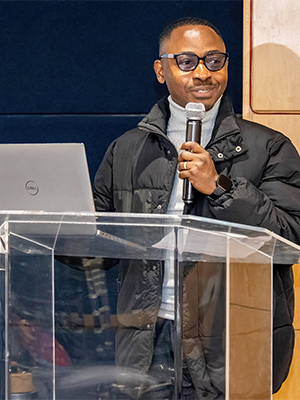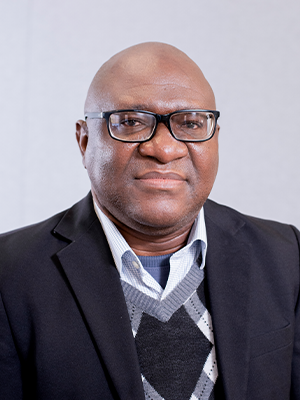By Gofaone Motsamai and Phenyo Mokgothu
Using indigenous languages to communicate health information could significantly improve breast cancer awareness among African women.
“Health information in the local languages not only enhances understanding but also increases trust in the messages being delivered,” says Dr Evaristus Adesina and Prof Abiodun Salawu of the Indigenous Language Media in Africa research unit at the North-West University (NWU).
For their study, which has implications for women across the continent, they surveyed hundreds of women across Lagos State in Nigeria to assess their knowledge of breast cancer risk factors and preferred sources of health information.
The findings support broader calls for culturally and linguistically appropriate health communication strategies in Nigeria and across Africa. “It’s about meeting women where they are, linguistically and culturally,” the NWU researchers say.
Lack of awareness of basic risk factors is widespread
The findings, published in May 2025 in the International Journal of Innovative Research and Scientific Studies, point to a widespread lack of awareness about key risk factors, including early menstruation, family history and obesity.
“Many women still do not understand basic risk factors, such as the connection between early menstruation and breast cancer,” says Dr Adesina. “This gap in knowledge is concerning, particularly in a region where breast cancer rates are rising.”
While social media and online platforms emerged as the most common sources of health information, the study found that messages delivered in indigenous languages had greater potential to improve understanding. Dr Adesina notes that using local languages can “bridge the communication gap and make information more accessible, especially for those who may have limited literacy in dominant languages”.
The study also reported that most participants had a positive attitude toward breast cancer prevention, with more than 70% expressing a willingness to conduct self-examinations and consult a doctor if they discovered a lump. Still, researchers warn that awareness must precede action.
“Positive attitudes alone are not enough, knowledge must come first,” says Dr Adesina. “We need to empower women with the right information about risk factors so they can make informed decisions about their health.”
The researchers hope their work will guide future breast cancer awareness campaigns and influence health communication policies across the continent.

Dr Evaristus Adesina, a postdoctoral fellow at the Indigenous Language Media (ILMA) in Africa research area.

Prof Abiodun Salawu, the director of ILMA and professor of journalism, communication and media studies at NWU.
